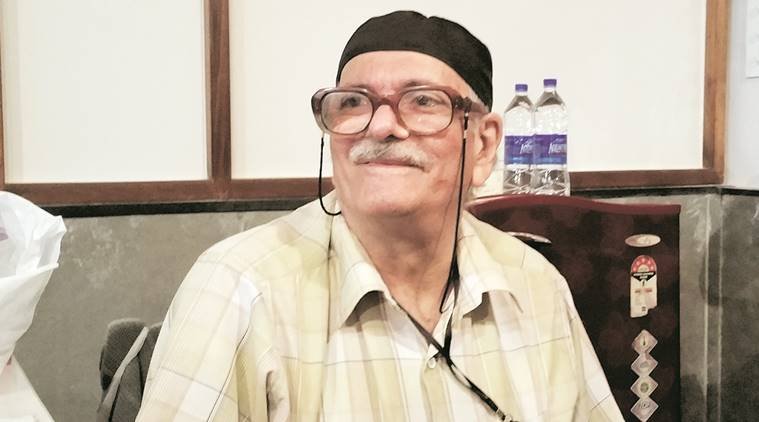The delicate Parsi gara embroidery is getting a Benarasi update
Sumptuous Benarasi silks are no strangers to embroidery and embellishment. But when the famed handloom weaves of Varanasi, Uttar Pradesh, meet a 200-year-old needlepoint technique that originated in China and was popularised by the Parsis in India, the resultant oriental-Benarasi narrative can only result in a match made in collaborative heaven. Or a Kashi-meets-Cusrow-Baug hybrid, if you please.
Heritage textile label Ekaya has teamed up with fashion designer and Parsi gara expert Ashdeen Lilaowala to launch ‘Ziba’, a line of saris, lehengas, yardage and dupattas. This unique collection derives its canvas from woven handloom textiles and its artwork from Lilaowala’s Parsi aesthetic of gara embroideries and ‘kors’ (borders). And while textile technicians have attempted Benarasi weaves with motifs of bamboos, Chinese scriptures and flying cranes in the past, never before has the needlepoint magic of a resplendent gara sari been attempted on a loom.
Here, the exotic birds of paradise and peacocks entwined with chrysanthemums, peonies and Chinese roses are, in fact, woven into the textile itself and not embroidered on with delicate satin stitches and fine French knots. Palak Shah, CEO and fourth generation flag-bearer of the weaving legacy that launched Ekaya in 2012, describes it as a natural progression of a working relationship built with Lilaowala over a few years. “We’ve worked on various collections with Ashdeen—the Harlequin collection, the Rose collection—and this seemed like a great project to collaborate on. His strength lies in Gara embroidery and ours in weaving,” she explains.
And while this may not be Ekaya’s first designer collaboration—they’ve worked on collections with Abraham & Thakore, Anupamaa Dayal, Archana Rao and Play Clan before—this may have been their biggest learning experience yet. “I’ve always believed in working with designers who take us out of our comfort zone and challenge us to do something new. They are not limited by the parameters of the handloom and, hence, push us beyond our limits too,” says Shah.
A challenge that Lilaowala was only too happy to rise to. “Gara embroidery highlights various Chinese, Indian, European and Persian motifs. It was important to select designs that were not only effective, but could be woven by different Ekaya weavers across Benares,” says Lilaowala. But once the designs were handed over, came the true test. “We experimented with weaving techniques, thickness of the thread and floats in the fabric. White thread on a coloured background can end up looking synthetic. So, we had to work on getting the right amount of sheen and lift,” explains Shah. No wonder the collection took almost a year to complete.
Always one to stretch conventional boundaries, Lilaowala experimented with tussar borders on silk saris, added pale pastels and silver to the motifs and even threaded in an element of Parsi history via the Tanchoi weave. Textile lore talks of three (‘tan’ in Gujarati) Joshi brothers, who travelled to China to learn a certain brocade weaving technique from a master craftsman called Choi. “Mahatma Gandhi saw these Parsi gentlemen working on the Tanchoi weave in Gujarat and requested them to teach weavers in Benares. In a way, it all came full circle,” says Lilaowala.
As for censure from gara purists, Lilaowala is not too worried. “I’ve shown the collection to a few Parsi women and they are very excited. They love their traditional garas, but don’t mind experimenting with a different medium once in a while,” he says.
‘Ziba’ is priced between Rs 25,000 and Rs 60,000 and will be launched at Bikaner House, Delhi on September 9. It will be available at Ekaya stores in Delhi and Ahmedabad





